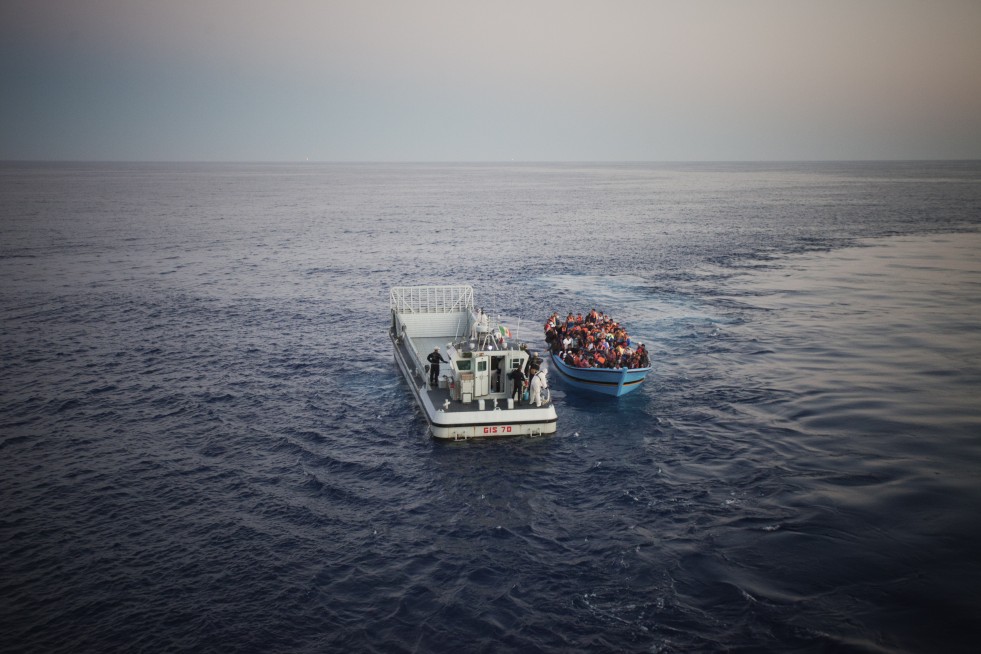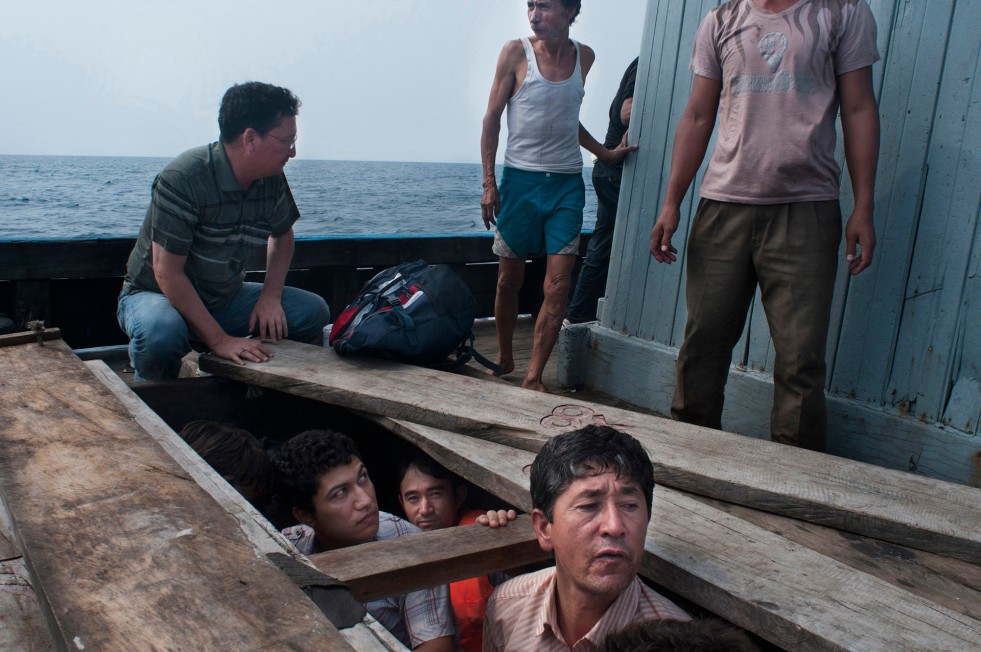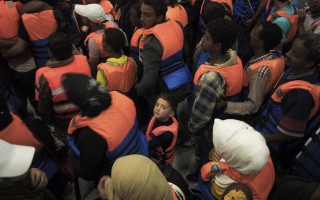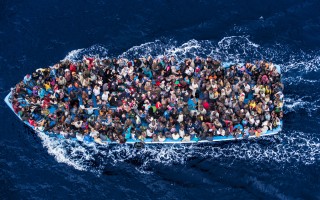As he stepped onto a boat on the Indonesia coast, Barat Ali Batoor knew he might not survive the voyage to Australia. But it was a risk he says he had to take.
“It was not an easy decision for me,” says Batoor, 31, who proved luckier than many who brave the high seas in search of asylum or opportunity. “There was a 90 per cent chance of dying there in the sea. I was taking the risk. But it was just for that tiny bit of the hope. Because we didn’t have that hope back home.”
The hope was that he might reach a place where “I can live in peace and I can help my family to be in peace.”
Batoor’s family are Hazaras, a Persian-speaking minority who have endured persecution in Afghanistan and Pakistan. But his work as a photojournalist put him at an even greater risk, ultimately compelling him to take his chances at sea.
“I could be killed any time and very easily,” he says, so he paid smugglers $8,000 USD to get him to Thailand, Malaysia and then to Indonesia.
The boat to Australia cost a further $6,000 USD, but he hoped it would land him in that peaceful place.
“The first day and night we were hopeful that we would make it to Australia, to Christmas Island. But the second night, when the weather turned and the water got rougher, the condition of our boat was really miserable.”
Batoor’s photographs and video footage show the terrifying scenes as the boat began to leak and the water pumps failed.
“The water was coming in and the waves were high and the boat felt really weightless. Like a matchbox in that water.”
Passengers began to cry and pray.
“We really did not have any more hope. We, everyone, 93 people, everyone, we thought that this is the end. And we could feel, or we could see our death just riding from the point in front of us.”

An Italian Navy rescue vessel, called the GIS, pulls up next to the first boat in order to transfer its desperate occupants. The GIS will then drive into the belly of the much larger San Giorgio, where people can safely disembark. ©UNHCR/A. D’Amato
All 93 were lucky to survive.
The boat crashed onto rocks on a small island off the coast of Java and everyone on board swam to shore – Batoor’s camera was ruined but his memory card survived. The asylum-seekers were then arrested by Indonesian police and taken to a detention centre. They all escaped on the first night.
A traumatized Batoor waited in Jakarta for his claim for refugee status to be processed by UNHCR. With the help of sponsorship by war photographer Tim Page, who had worked with him in Afghanistan, Batoor was able to resettle in Australia.
Now living in Melbourne, Batoor has reached audiences worldwide with his photographs and footage, vividly showing the risks asylum-seekers take when travelling by boat. In 2013, one of the images won the prestigious Nikon-Walkley Award for Photo of the Year.
Communicating the stories of asylum-seekers and refugees has now become his life’s journey.
“I have peace, I have opportunity, I have almost everything,” Batoor says. “But I feel the responsibility that I had to fight for them. Definitely I do feel the burden.”
By: Fiona Irvine-Goulet





